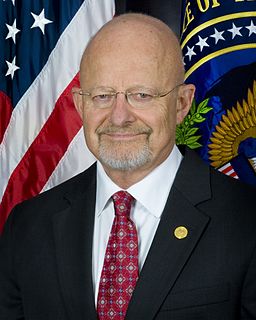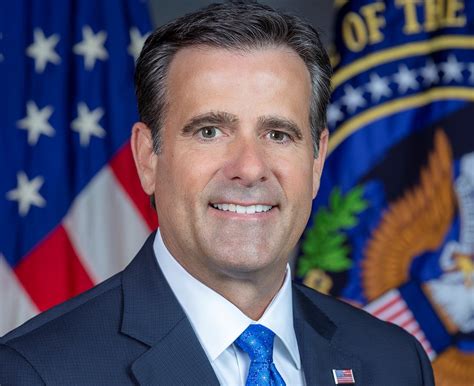A Quote by Narendra Modi
Cyber-related risks are a global threat of bloodless war. India can work towards giving world a shield from the threat of cyber warfare.
Related Quotes
All of the threat streams that we have, from all aspects, militarily, economically, supply chain issues, foreign investment, technologically, cyber issues, cyber warfare, 5G, telecommunications - China is in all of those and they are the only country to be in that space and the only country that threatens America supremacy.
The FBI has built up substantial expertise to address cyber threats, both in the homeland and overseas. Here at home, the FBI serves as the executive agent for the National Cyber Investigative Joint Task Force (NCIJTF), which joins together 19 intelligence, law enforcement, and military agencies to coordinate cyber threat investigations.
While cyber espionage is having a tremendous negative affect on the global economy from the theft-caused drain of intellectual property and the resulting adverse incentives for continued investments in innovative growth, the threat from destructive and disruptive attacks is amplifying the risks even further.
We need to make sure that whenever we're engaging in a cyber-warfare campaign, a cyber-espionage campaign in the United States, that we understand the word cyber is used as a euphemism for the internet, because the American public would not be excited to hear that we're doing internet warfare campaigns, internet espionage campaigns, because we realize that we ourselves are impacted by it.































